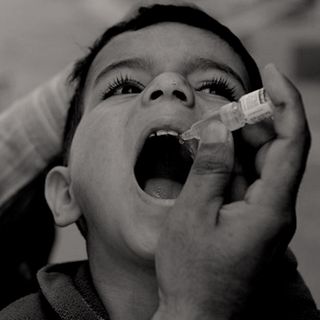It’s pretty terrifying when your child gets hurt. And if they have a concussion, the impulse is to make sure they stay home from school, take a break from activities, and instead rest in a dark room. But a recent research review advises the opposite: While concussions symptoms for children under 13 last three times longer than they do for adults, evidence suggests that active recovery should be the approach. Getting children back to their regular activities might actually help them recover faster.
“Now we encourage [kids] to get back to school after two days and progressively get more active, so long as symptoms don’t return or worsen,” said Dr. Hallie Zwibel, the director of sports medicine at New York Institute of Technology’s College of Osteopathic Medicine, and lead researcher on this study, published in The Journal of the American Osteopathic Association.
This shift in treatment stems from research that proves rehabilitation is effective in mitigating symptoms like dizziness, changes in vision, and difficulty with focus. In addition to brain function, the inner ear might be affected by a concussion, leading to problems with balance and coordination. Engaging children in visual and vestibular exercises activates areas of the inner ear and brain (the vestibular system) which helps fight the vertigo or dizziness children might feel, and assists with their spatial orientation. This also helps the brain to establish new neurological pathways that bypass disturbing signals.
While underlying conditions like ADHD, anxiety, and stress might prolong children’s symptoms, the study authors hope that the new research helps assuage parents’ fears about allowing children to be active soon after a concussion. “It’s important parents understand that symptoms persist in kids for about four weeks on average,” said Dr Zwibel. “This can be alarming and feel like a long time, especially compared to adults, whose symptoms last closer to a week, but it is well within a normal recovery time.”
The article however, also warns of the dangers of an active recovery treatment if your child is an athlete. Returning to regular activities and school is not the same as returning to compete athletically, and Dr. Zwibel warns of the potential fatality of a second concussive blow that could occur during the recovery period. He advises parents keep young athletes off the field while they are experiencing concussion symptoms — but for all other activities, it seems that getting back to normal is the best way to combat a child’s concussion.




